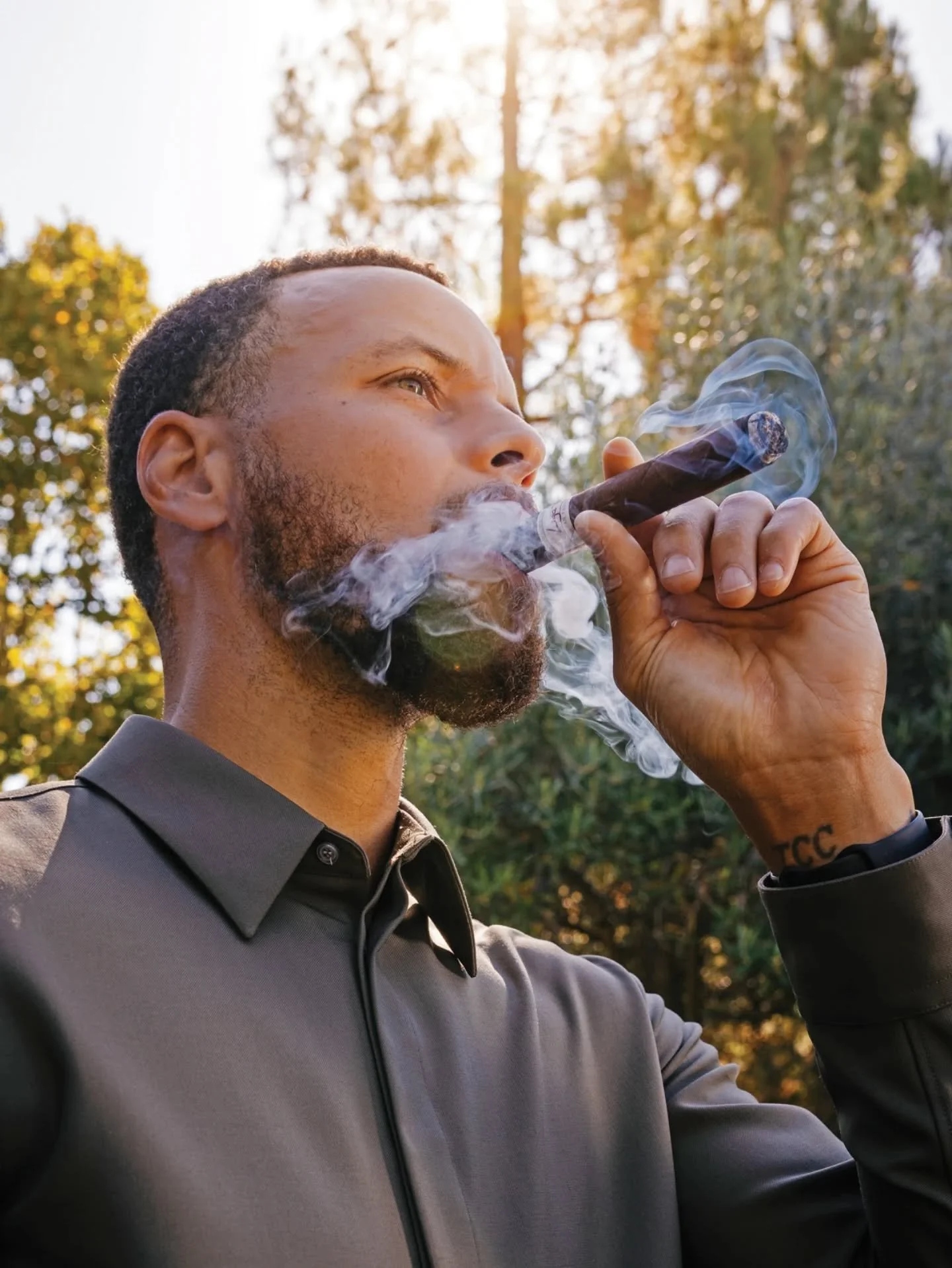LeBron James the Mogul: A Breakdown of the Business Stats Behind His Empire
LeBron James the Mogul: A Breakdown of the Business Stats Behind His Empire
Sports - November 22, 2025
Equity, exits, ownership stakes, and billion-dollar plays from the most strategic athlete-entrepreneur of his generation.
LeBron James has always lived in two scoreboards. The one the world memorizes — points, Finals, longevity — and the one he built quietly behind the scenes, measured in equity, exits, and valuations. Basketball made him a global icon, but business is where he built something unprecedented: a modern athlete-owned empire with real financial gravity.
The shift began with one of the cleanest strategic moves in sports-business history: taking equity instead of a check. Beats by Dre wasn’t an endorsement — it was ownership. When Apple acquired the company for $3 billion in 2014, LeBron reportedly cleared more than $30 million. That single outcome became the proof-of-concept for everything that followed: Don’t rent your likeness. Own the upside.
That upside thinking crystallized with LRMR, the company he co-founded in 2006 with Maverick Carter, Rich Paul, and Randy Mims. It started as brand management but quickly matured into a true family-office investment arm. LRMR led or co-led early rounds into Fantasy Life, a sports-media platform that raised $7 million; StatusPRO, an NFL-partnered VR sports-tech startup that closed a $20 million Series A; and Neutral Foods, the climate-forward dairy brand backed by Breakthrough Energy and Mark Cuban. LRMR doesn't make vanity investments. It builds ownership positions in sectors where culture, sports, and consumer behavior collide.
SpringHill was the moonshot. Built from earlier ventures — SpringHill Entertainment, UNINTERRUPTED, and the Robot Company — it became the first athlete-owned media conglomerate with global distribution. In 2021, Disney, Nike, RedBird Capital, FSG, and Epic Games bought in at a valuation around $725 million. SpringHill wasn’t just making content; it was making hits. Hustle, produced for Netflix, topped the platform’s global charts with more than 84 million hours viewed. Space Jam: A New Legacy pulled in more than $160 million worldwide in a hybrid theatrical–streaming release. The Shop became an Emmy-nominated cultural franchise that moved from HBO to SpringHill’s own channels, eventually spinning out into consumer products.
Ownership kept expanding. LeBron became a partner in Fenway Sports Group, giving him direct stakes in Liverpool FC, the Boston Red Sox, the Pittsburgh Penguins, and regional sports networks — the kind of positions athletes once envied but rarely achieved. This wasn’t branding. It was institutional ownership.
His consumer bets followed the same calculus. Blaze Pizza was the breakout. LeBron and Maverick invested less than $1 million early, and the chain exploded from a handful of stores to more than 300 locations and over $370 million in systemwide sales. His stake is now estimated between $30–40 million — one of the highest-return investments in athlete-business history.
Ladder, the sports-nutrition brand he co-founded with Arnold Schwarzenegger, was acquired by Openfit/Beachbody and folded into a public company valued at $2.9 billion. StatusPRO’s NFL VR simulation landed LeBron at the level of future-of-sports infrastructure. Neutral Foods pushed him deeper into climate-smart CPG.
Then came The Shop Grooming — nine-figure distribution on day one. The line launched with Walmart in roughly 1,600 stores, then expanded to another 1,400 CVS locations. Affordable, sub-$10 products built on a cultural IP he already owned. Financials aren’t yet public, but the rollout footprint alone puts it among the most widely distributed athlete-founded brands ever launched in its first year.
The remarkable part is that none of this arrived with the noise of a typical celebrity CEO pivot. His business career unfolded like his basketball career — steady, compounding, expanding. From equity holder to founder. From founder to owner. From owner to institution.
Most people know the stat lines that shaped his basketball mythology: 40,000 points, 20 years, the longevity records. The business stats may end up louder: a media company worth three-quarters of a billion, a sports ownership portfolio that spans continents, one of the fastest-growing food investments in America, early-stage positions in VR and creator-economy infrastructure, and a grooming line already in more than 3,000 retail doors.
LeBron always said the goal wasn’t just generational wealth — it was generational possibility. On the court, he changed how greatness is measured. Off the court, he changed what an athlete is allowed to build.
This isn’t an athlete with businesses.
It’s a businessman who happens to be one of the greatest athletes alive.





